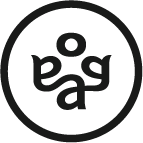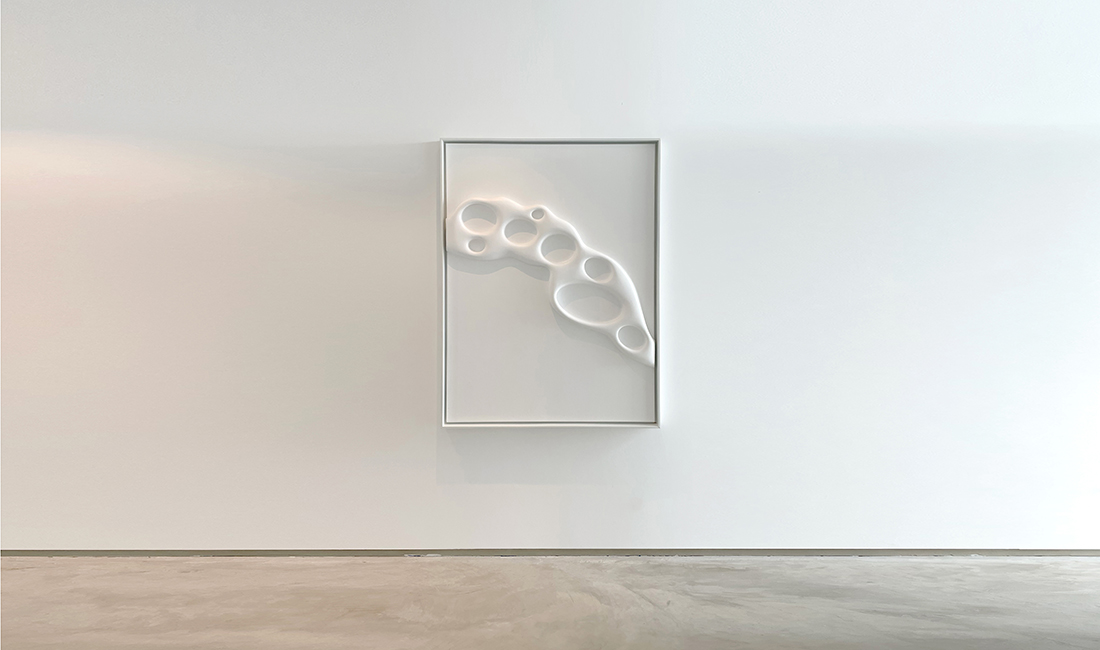
MERIAN VAN ROOIJEN

Binnenkort weer online!
Achter de schermen werken we aan een nieuwe website. Vragen? Bel of mail gerust:
+31 (0) 6 43 76 33 58
info@merianvanrooijen.nl

MERIAN VAN ROOIJEN

Binnenkort weer online!
Achter de schermen werken we aan een nieuwe website. Vragen? Bel of mail gerust:
+31 (0) 6 43 76 33 58
info@merianvanrooijen.nl